Women, according to health experts, need to be careful about what they eat during pregnancy in order to have an adequate composition of all nutrients required both for their health and that of the baby growing in the womb.
Having a balanced diet (containing vital nutrients, like protein, iron, calcium, and Vitamin D, among others), translates to having an adequate level of blood needed for the safety of the woman and the growth and development of the baby.
Join our WhatsApp ChannelAccording to the American Society of Hematology (ASH), the amount of blood in the body of a pregnant woman increases by about 20-30 percent, which consequently increases the supply of iron and vitamins that the body needs to make hemoglobin, the protein in red blood cells that carries oxygen to other cells in the body.
According to ASH, women’s Hemoglobin is expected to be within a high range for their safety and that of the baby. When at low level in the woman, causes anemia, which can lead to further complications such as fetal distress during birth.
Due to the high demand for blood in pregnant women, there are local foods recommended for the good of their health and that of the baby.
Turkey berries
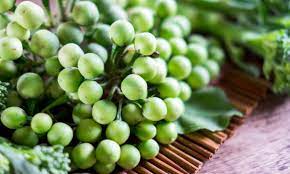
One of them is Turkey berries, also known as Abeduru/Kwawu nsusua in Ghana, is a vegetable that dietitians frequently recommend as part of an iron-rich diet to combat anemia in pregnancy. The vegetable which contains both iron and vitamin C, is regarded as a powerhouse when it comes to iron.
Green leafy vegetables
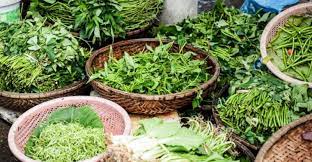
Indigenous leafy green vegetables include cocoyam leaves (kontomire in Ghana), African spinach, African eggplant leaves, roselle leaves, and jute leaves, cowpea leaves, water leaves. Leafy vegetables are sources of important proteins, vitamins, and minerals. They are prepared with different dishes such as stews, Jolof rice, soups, and salad among others.
READ ALSO: 10 Healthy Nigerian Foods Vegans Can Try
Unripe plantain
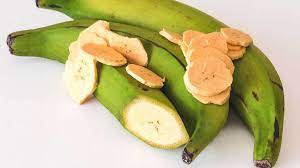
While many in parts of West Africa go for ripe plantain, nutrition experts aver that unripe ones have more health benefits. It is a rich source of some nutrients such as calcium, vitamin C, vitamin B-6, phosphorus, and magnesium among others. These help in the proper growth and development of the baby while inside the womb.
Fish
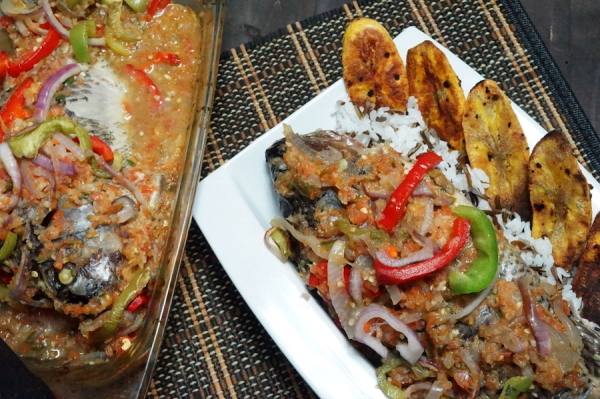
Fish contains protein, omega-3 fatty acids, and vitamins such as D and B2. It is also a rich source of calcium and phosphorus and a great source of minerals, such as iron, zinc, iodine, and magnesium among other minerals.
Snails
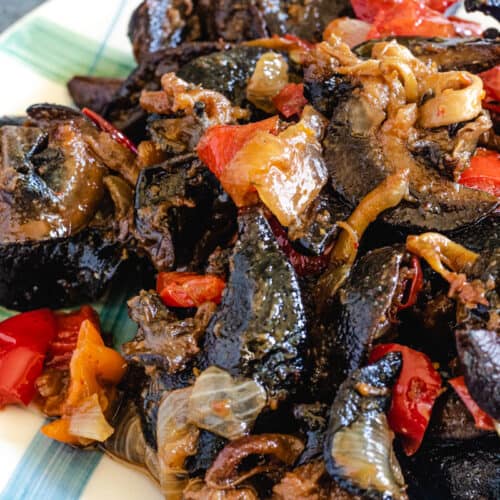
Snail, an animal with coiled shell is said to have immense nutritional value. It has high levels of protein, vitamins (E, A, K and B12), and a number of minerals like iron, magnesium, etc.
Crab
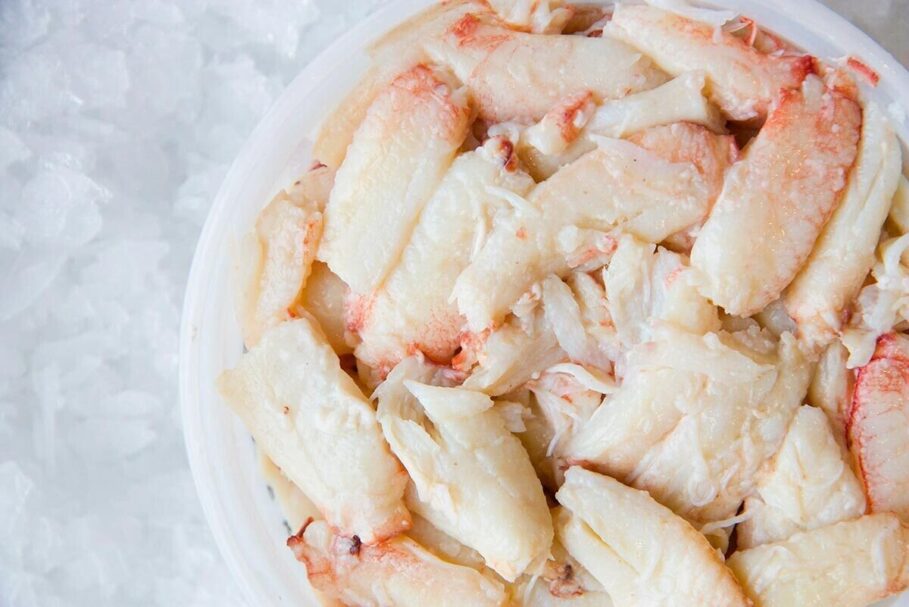
Crabs are sea animals of the crustacean class. According to Precision Nutrition Network’s Encyclopedia of food, crab meat is also nutritious. Crabs contain Vitamins B12 and folate, and are also good sources of minerals such as calcium, phosphorus, potassium, and zinc.
Beans
Beans which are commonly eaten worldwide are rich sources of fiber, essential vitamins and minerals, and plant-based protein.
Milk
Pregnant women can also take dairy products like milk as it is packed with different nutrients such as protein, fat, calcium, vitamins D, B12, potassium, phosphorus, etc.
Eggs
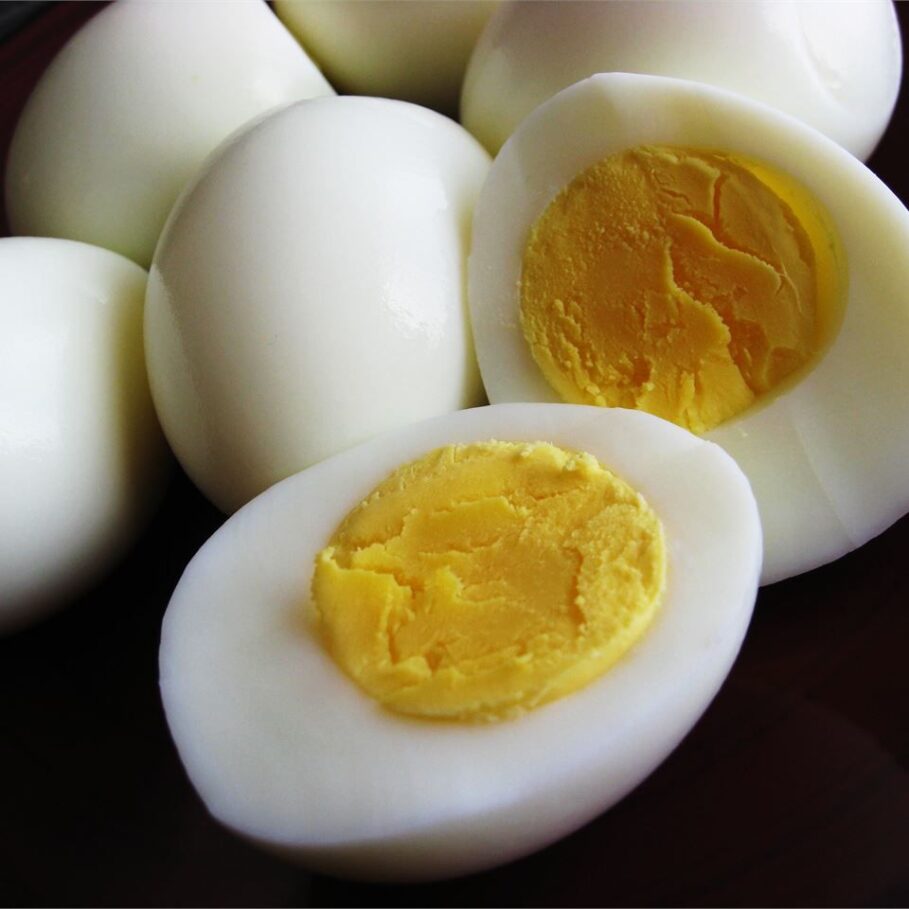
Egg also contains protein, vitamins, and minerals
Red meat
Red meat contains several important nutrients, including protein, vitamin B12, and zinc. However, this should not be taken in excess as it is associated with heart disease.
Fruits such as citrus which contains vitamin C, should also be taken regularly by pregnant women.
Conclusion
Pregnant women need an adequate amount of all the food substances to get the right amount of nutrients critical for their health and the development of the baby in the womb. The local foods highlighted above and many more, contain vital nutrients that help to keep the blood at optimal levels to avoid anemia and other complications that could have adverse consequences such as maternal or infant mortality.
Victor Ezeja is a passionate journalist with seven years of experience writing on economy, politics and energy. He holds a Master's degree in Mass Communication.



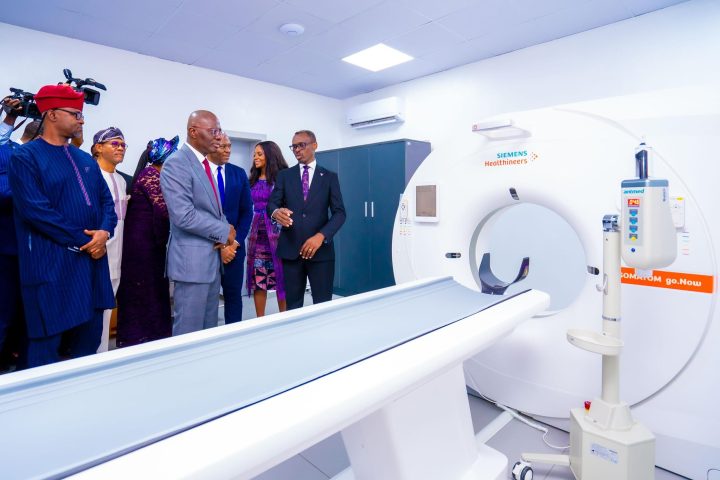











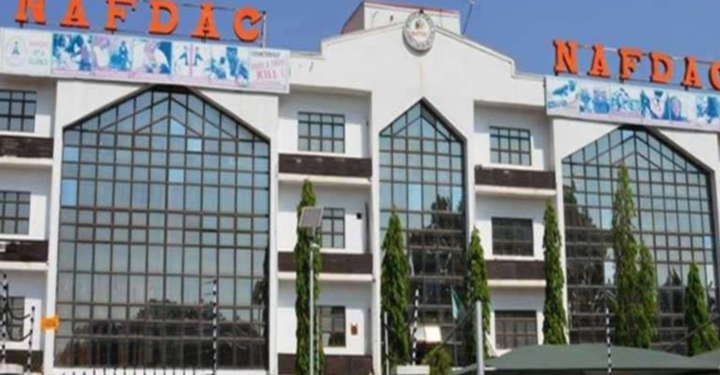

Follow Us